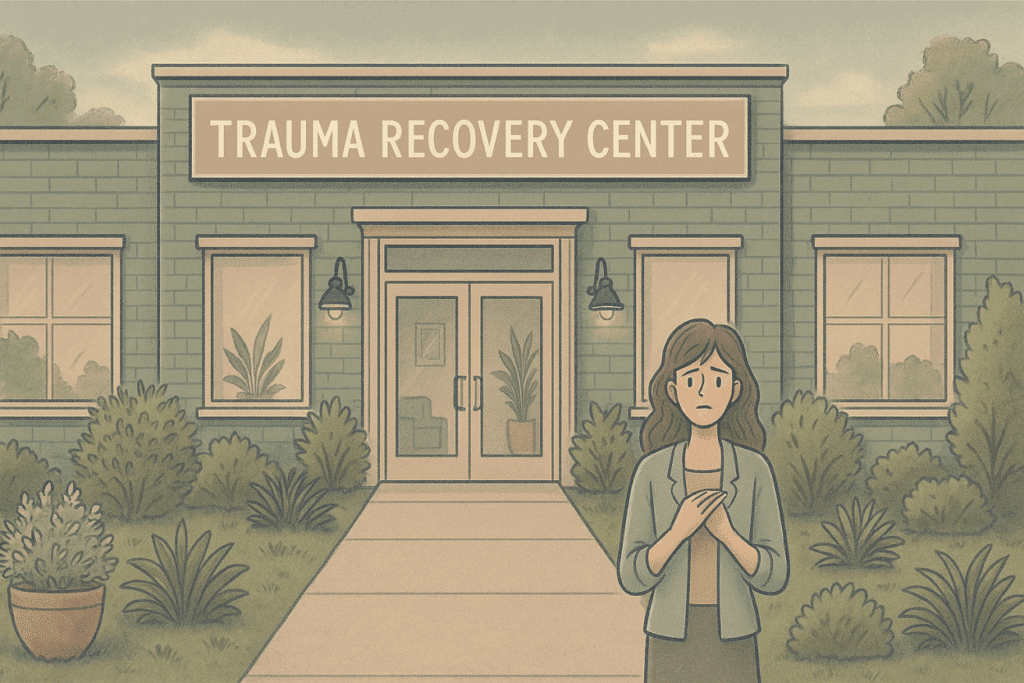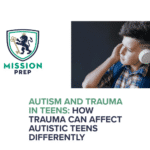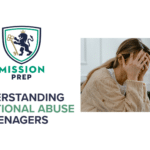Key Takeaways
- California Trauma Recovery Centers (TRCs) provide comprehensive, trauma-informed care to underserved crime victims with reduced barriers to access.
- TRC services have been shown to decrease PTSD symptoms and improve quality of life for trauma survivors.
- California TRCs serve diverse communities with culturally sensitive approaches, regardless of whether survivors have reported crimes to law enforcement.
- Mission Connection offers specialized programs for violence survivors, sexual trauma, and military veterans with evidence-based treatments including EMDR, CPT, and somatic experiencing approaches.
Trauma Crisis in California
California faces a significant trauma crisis affecting millions of residents across the state. The impact is particularly severe in underserved communities where access to mental health services has historically been limited. Exposure to community violence, domestic abuse, sexual assault, and other traumatic events leaves lasting psychological wounds that, when left untreated, can lead to chronic mental health conditions, substance abuse, and difficulties maintaining employment and relationships.
The numbers tell a sobering story. In urban centers like Los Angeles and Oakland, rates of violent crime create thousands of trauma survivors annually, many of whom lack access to appropriate care. Rural communities face different challenges, with isolation and limited resources creating barriers to treatment. This trauma burden disproportionately affects low-income communities, creating a mental health equity issue that demands innovative solutions.
Mission Prep Healthcare specializes in mental health treatment for teens aged 12-17, offering residential and outpatient programs for anxiety, depression, trauma, and mood disorders. Our therapies include CBT, DBT, EMDR, and TMS, tailored to each adolescent’s needs.
With a structured, supportive environment, we integrate academic support and family involvement to promote lasting recovery. Our goal is to help teens build resilience and regain confidence in their future.
What Are TRCs?
Trauma recovery centers (TRCs) are specialized mental health clinics that provide comprehensive trauma-informed services regardless of a person’s ability to pay or immigration status. These centers are designed to be one-stop resources where survivors can access everything from therapy and psychiatric care to case management and legal advocacy under one roof.
History in California
California pioneered the TRC model in 2001 in response to the alarming gaps in care for crime victims, particularly those from marginalized communities. The success of this initial model led to the California Victim Compensation Board establishing a grant program in 2013 to fund additional TRCs throughout the state.
Since then, there’s been remarkable growth in the TRC network across California. The network has expanded to over a dozen centers serving diverse communities from urban Los Angeles to rural northern counties. This expansion represents California’s commitment to trauma-informed care and addressing the needs of survivors who might otherwise be overlooked by traditional healthcare systems.
Accessing TRC Services
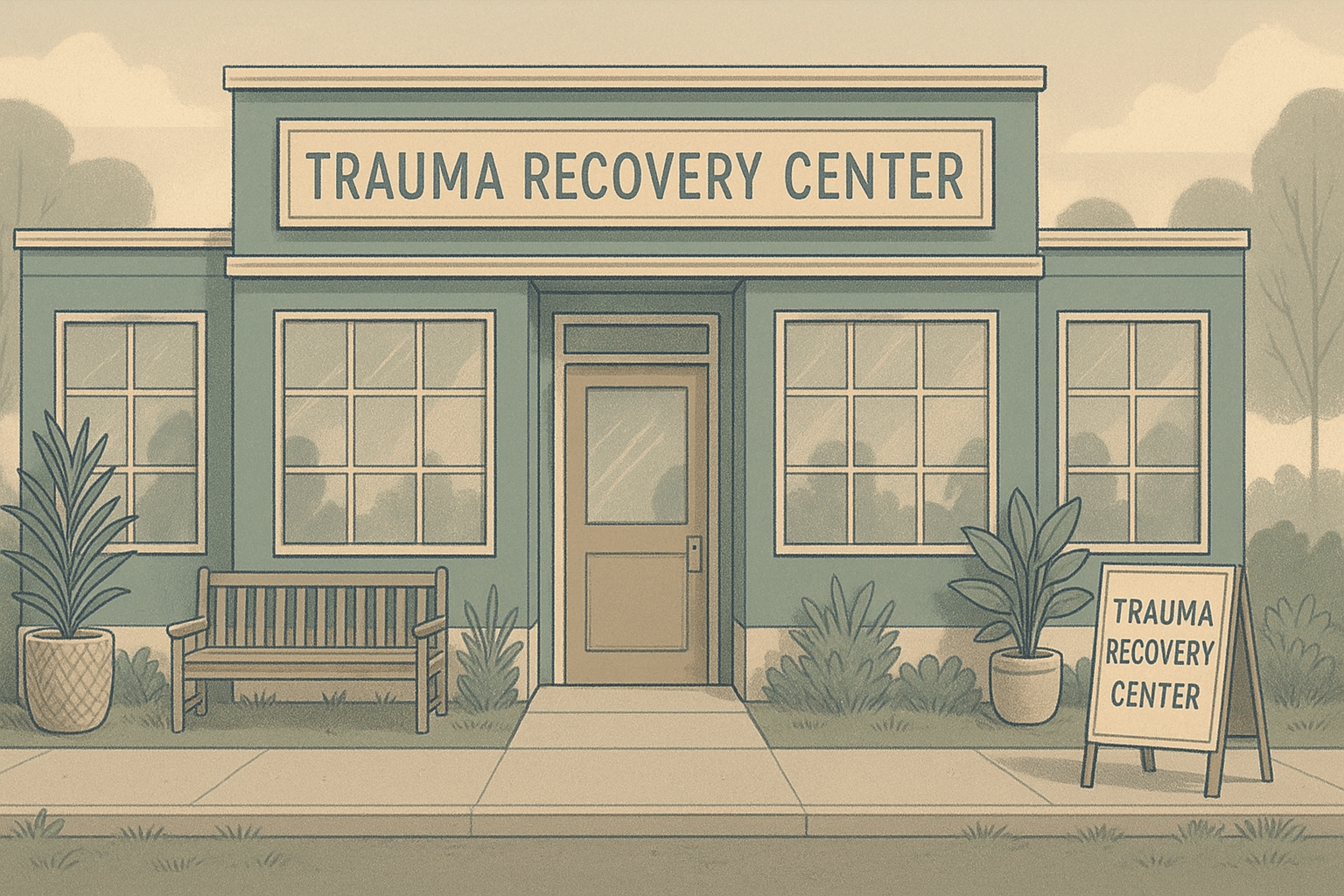
Unlike many mental health services, TRCs operate on a “no wrong door” policy, meaning you don’t need a perfect referral or specific diagnosis to receive help. If you’ve experienced trauma, they’re there to support your recovery.
Finding Centers
California’s network of TRCs now spans the state, with locations in major urban areas and expanding into rural communities. To find the center nearest you, visit the California Victim Compensation Board website and go through the list of trauma centers closest to you.
Each center serves specific geographic areas, but no one is turned away. If you contact a center that can’t serve your location, they’ll connect you with appropriate resources. The goal is to ensure that every trauma survivor in California has access to specialized care, regardless of where they live.
Insurance Coverage
One of the most revolutionary aspects of California’s TRC model is the removal of financial barriers to care. TRC services are available regardless of insurance status or ability to pay. This approach ensures that trauma survivors don’t face additional stress managing complex insurance systems during their time of need.
This universal access is possible through a combination of state funding, grants, and partnerships with victim services organizations. The California Victim Compensation Board provides significant funding to TRCs specifically to serve survivors who might otherwise fall through the cracks of traditional healthcare systems.
This financial model allows centers to focus entirely on providing the best possible care without turning anyone away due to payment concerns.
Referral Process
While self-referrals are always welcome, many trauma victims go through partner organizations. Referrals commonly come from emergency departments, law enforcement, domestic violence shelters, sexual assault response teams, and community clinics. These partners can help initiate the connection to TRC services, often providing warm handoffs that ease the transition into care.
Treatment Approaches in Trauma Recovery Centers
Trauma-Focused Cognitive Behavioral Therapy (TF-CBT)
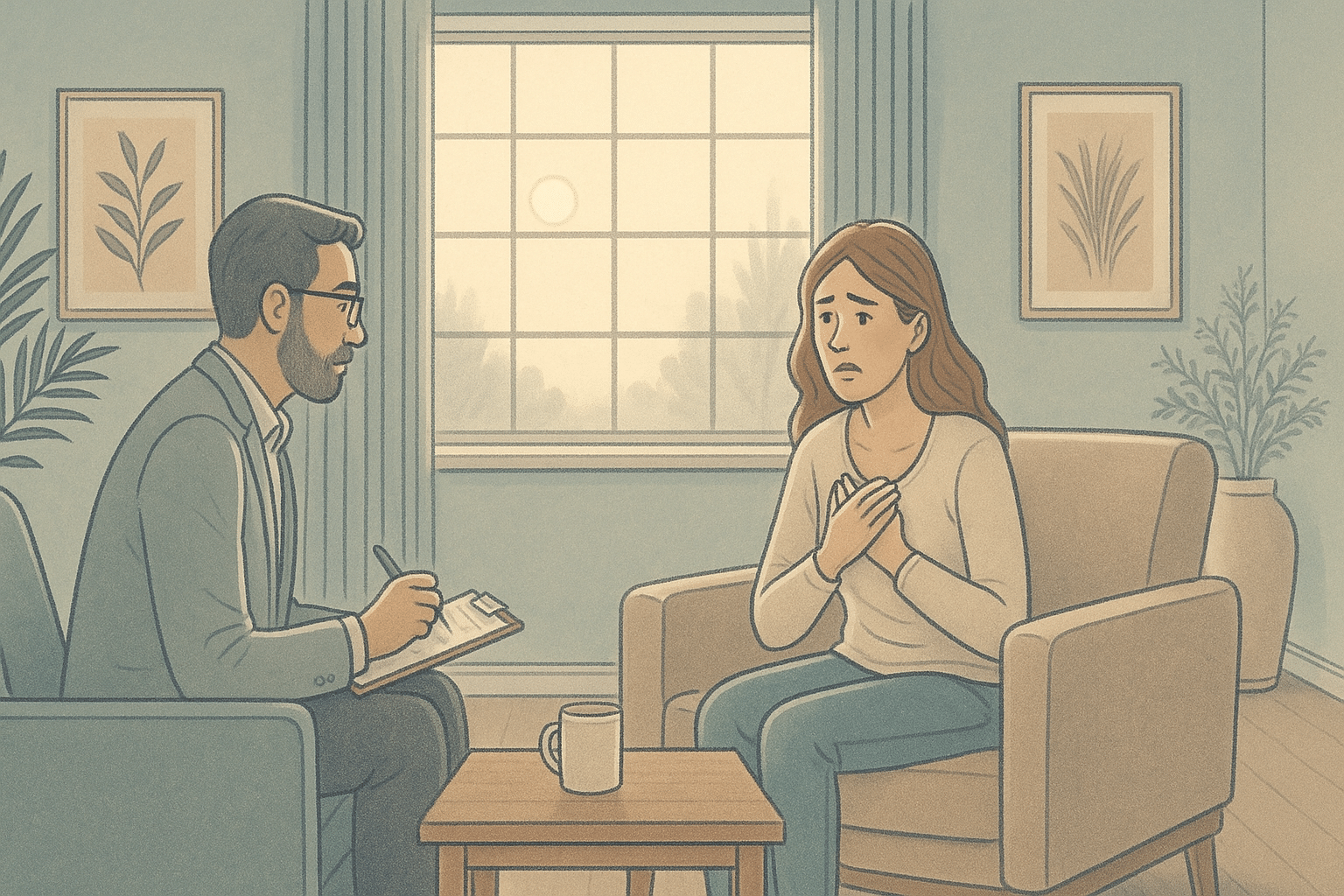
TF-CBT is the gold standard treatment for trauma.
Trauma-Focused Cognitive Behavioral Therapy is an evidence-based psychotherapy approach specifically designed to help individuals process and recover from traumatic experiences. This structured treatment method combines cognitive behavioral techniques with trauma-sensitive interventions to help victims identify and change negative thought patterns and behaviors that developed as a result of trauma.
The therapy typically involves gradual exposure to trauma memories in a safe, controlled environment, allowing individuals to reprocess these experiences and develop healthier coping mechanisms. TF-CBT has shown significant effectiveness in reducing symptoms of PTSD, depression, and anxiety while building resilience and emotional regulation skills.
Eye Movement Desensitization and Reprocessing (EMDR)
EMDR is a specialized psychotherapy approach that helps the brain process traumatic memories more effectively through bilateral stimulation, typically involving guided eye movements. During EMDR sessions, individuals recall traumatic events while engaging in specific eye movements or other forms of bilateral stimulation, which appears to help the brain reprocess these memories and reduce their emotional intensity.
This approach is particularly effective for treating PTSD and has been extensively researched and validated by major mental health organizations. EMDR can help you move from feeling stuck in traumatic memories to integrating these experiences in a way that reduces their ongoing psychological impact.
Additional Treatment Modalities
Mind–Body Practices
Trauma affects both mind and body, making mind–body approaches essential for comprehensive healing. These practices address the physiological aspects of trauma through techniques like trauma-sensitive yoga, tai chi, and breathwork.
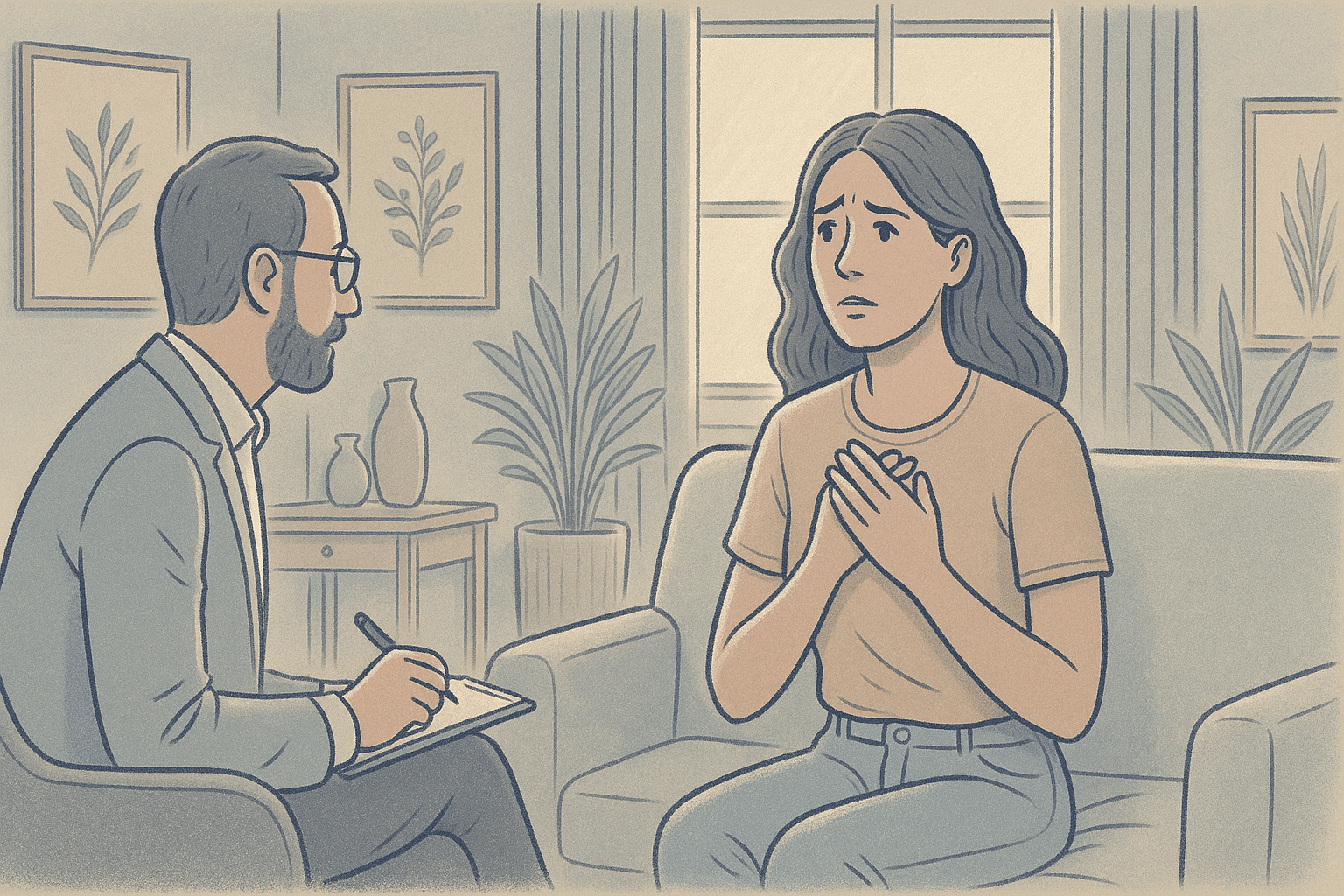
Practicing deep breathing can calm frantic nerves.
These methods help you reconnect with your body safely while building interoception and providing practical tools for managing triggers. Mind-body practices are particularly valuable for people who struggle with traditional talk therapy or come from cultural backgrounds where embodied practices are more familiar.
Art Therapy
Art therapy offers powerful pathways for expressing traumatic experiences when words feel inadequate. Certified art therapists guide you through creative processes using various mediums, including visual arts, music, dance, and creative writing.
The creative process helps externalize internal states, create emotional containment, and build coherent narratives from fragmented trauma memories. The emphasis is on authentic expression and therapeutic insights rather than artistic skill.
Nutritional Support
Trauma recovery includes addressing the nutritional impacts of chronic stress, which can deplete essential nutrients and disrupt gut health. Nutritional support programs provide education about the diet-mental health connection and practical guidance for using nutrition to support recovery.
These programs emphasize accessible, realistic approaches that work within your cultural preferences and economic realities while addressing the neurobiological impacts of trauma.
Mission Connection’s Trauma Recovery Excellence
California’s Trauma Recovery Centers represent a revolutionary approach to healing that removes traditional barriers and provides comprehensive, trauma-informed care to all survivors. At Mission Connection, our trauma recovery programs embody the best of the TRC model while incorporating innovative approaches that set us apart.

Our therapeutic facility in California provides a safe space for clients to move from surviving to thriving, reclaiming their lives and discovering resilience they never knew they possessed.
We understand that trauma affects every aspect of your being, which is why our treatment goes beyond traditional therapy to include mind-body practices, creative therapies, and medication management when necessary.
What makes Mission Connection exceptional is our commitment to meeting you exactly where you are in your healing journey. If you’re dealing with recent trauma or addressing experiences from years past, our compassionate team provides the specialized expertise and comprehensive support you deserve.
Your healing matters, and you don’t have to go through this journey alone. Contact Mission Connection today to begin your path toward recovery with California’s leading trauma recovery specialists.
Frequently Asked Questions
Do I need to report my trauma to the police to receive TRC services?
No, police reports are not required to access TRC services. California TRCs operate on the principle that all trauma survivors deserve care regardless of whether they’ve reported incidents to law enforcement. Many survivors have valid reasons for not reporting, including safety concerns or past negative experiences with authorities. Your reporting decision is respected and will never affect your eligibility for care.
Are TRC services available for children and adolescents?
Yes, many California TRCs offer specialized services for children and teens, though availability varies by location. Youth services employ clinicians trained in age-appropriate trauma treatments like Trauma-Focused CBT, Child-Parent Psychotherapy, and Play Therapy. Treatment emphasizes family involvement when safe and appropriate, while teen programs balance family support with respect for developing autonomy.
What makes TRCs different from traditional therapy services?
TRCs provide comprehensive care beyond therapy, including case management, legal advocacy, medication management, and practical support under one roof. They remove common barriers through flexible scheduling, universal access regardless of insurance, and trauma-informed environments. Every staff member receives trauma-informed training, and all services are specifically designed for trauma survivors’ unique needs.
How does Mission Connection’s approach to trauma recovery stand out?
Mission Connection combines the proven TRC model with innovative treatment approaches, offering specialized programs for different trauma types, including violence, sexual trauma, and military-related PTSD.
Our holistic philosophy integrates evidence-based therapies like EMDR with mind–body practices and family support. We provide culturally sensitive care with both individual and group options, ensuring each client receives personalized treatment that honors their unique healing journey.


